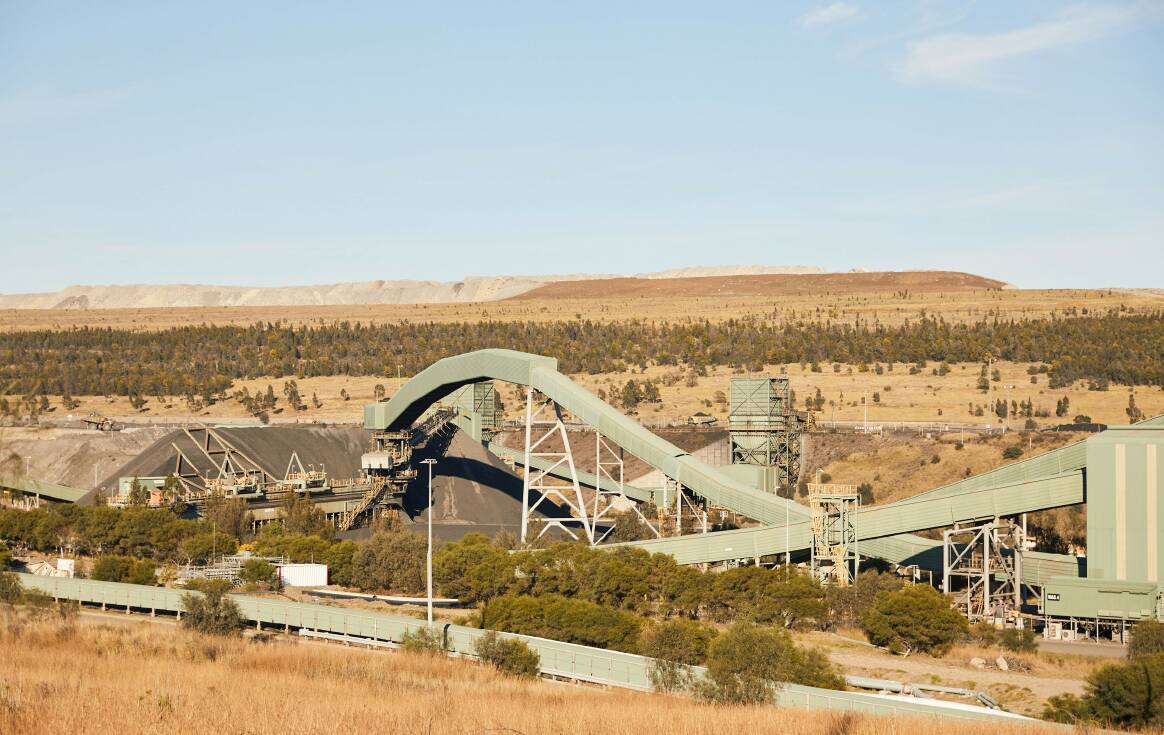
BHP CEO Mike Henry says that although energy prices appear to have peaked, he does not believe that government interventions into coal have had anything to do with it.
In a phone hookup yesterday after the release of the company's half-year results, Mr Henry said said that not only would the interventions do nothing, they may even "exacerbate" the situation.
"First of all, need to recognise that higher energy costs have been a challenge for the public in recent times," Mr Henry said.
"We don't believe that the coal reservation policy is going to have a material impact on that, in fact, could exacerbate it possibly over over time.
"But setting that aside ... yes, costs are up. Now why are costs up?
"It's a combination of weather impacts and their impact on volume, all the inflationary impacts that (chief financial officer David (Lamont) spoke about.
"But it's also reflective of the nature of the coal that we're producing at Mount Arthur.
"And this is one of the ironic things here is Mount Arthur isn't producing a coal that is amenable or suitable for domestic users.
"So one of the things that we're needing to look at is how do we retool our processes to produce a coal that's suitable?"
The multi-pit Mount Arthur operation supplied domestic coal for many years but pulled down a conveyor to the Muswellbrook power stations in 2020. Mr Henry referred to this yesterday when he said: "There's also logistical challenges in getting the coal power stations in question."
"Actually, it's logistically complicated for the asset to do this because we're not producing the right product today.
"There's no kind of ready logistics to get to the power stations. So it adds both complexity, risk and reduces the economics of the asset."
Mr Henry confirmed that "production costs (are) well above the price ceiling (of $125 a tonne) announced by the NSW government".
Its costs in the first half of last year were $US67.62 a tonne, with guidance for the rest of this year at $US108.85, a substantial increase. On the present exchange rates, that's a production cost of about $157 a tonne.
"We will be pursuing discussions with them about being able to at least recoup our cost of production in providing this coal to domestic consumers," Mr Henry said.
Mr Henry agreed that the government had changed the original scheme, and did not dispute an assertion that the amount of coal to be set aside was likely to be 5 per cent rather than 10 per cent as first flagged.
"There have been there has been some pullback of some requirements," Mr Henry said.
"The fact is that there's still intervention, and the intervention is going to cost money for lack of a better word.
"Reviewing the ongoing viability of the asset (Mount Arthur), I'm not talking about in the current period, but because of the way mine plans work, you constantly have to be looking forward to what you expect circumstances to be in two years time, three years time, four years time, and so on.
"And even more so given that this is a relatively short life asset."
Mount Arthur's licence expires in 2026 and it has an application in to extend that to 2030.
At the same time, it reconfirmed yesterday that the future of Mount Arthur was under review.
"As a result (of the review), over the period to 2030, we will not be allocating any capital growth to NSW Energy Coal (Mount Arthur) and production is expected to remain broadly in line with current levels of 13 million tonnes to 15 million tonnes per annum," the company's half-yearly statement said.
"In light of the NSW government announcement on potential changes to its coal price cap and domestic reservation requirements, we are actively reviewing operational plans, existing commitments and logistical practicalities to understand their implications."
On the political and social push to decarbonise BHP's operations, Mr Henry said: "We are very focused on achieving or prioritising absolute emissions reductions.
"Over time, there will be a need for us, and for others across the economy, to make measured use of high-quality offsets.
"On the safeguard mechanism, there's still details to be worked through, but we're supportive.
And we've been on the record as being supportive of the mechanism itself and the concept. And we're participating in the dialogue around exactly how that will work in practice."

To see more stories and read today's paper download the Newcastle Herald's upgraded news app here.







